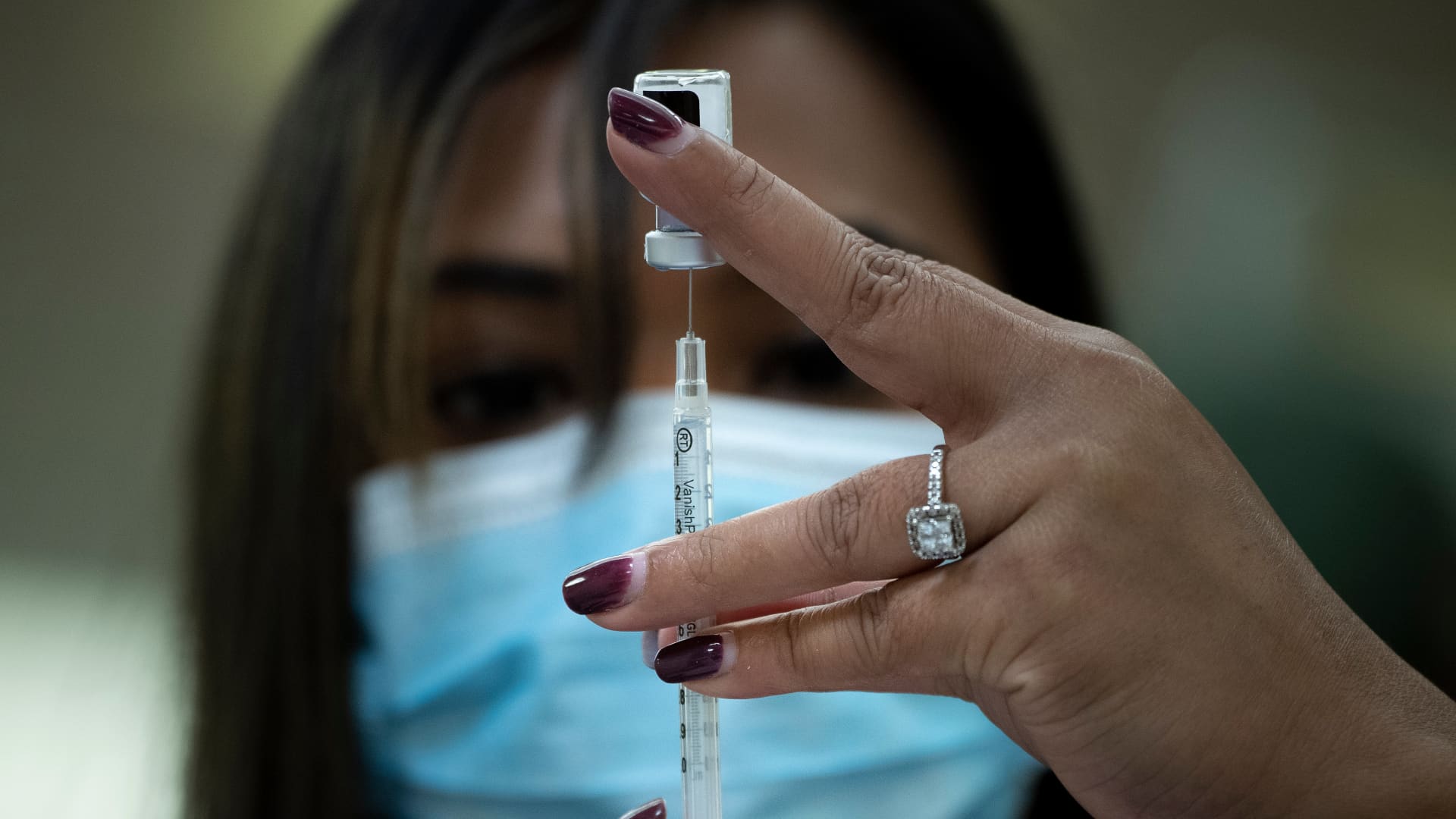I think the strategy of extending the time between the first and second injection is causing a lot of confusion, and I think the Government could certainly improve their communications on this matter. Pfizer in particular have not helped matters in this regard.And what happens if it is less than 12 weeks?
My understanding is that although the Pfizer vaccine has not been tested with a longer gap between first and second injections, most experts think extending the time gap is still going to give you around 90% protection.
Regarding the Oxford vaccine I think there is some evidence available to suggest extending the gap actually makes the vaccine more effective (once you have the second injection).
From what little I know about all this, I think the Government have probably made the right decision to extend the gap between the injections so that more people can be vaccinated. The math appears to show that getting double the amount of vulnerable people vaccinated with one dose will save more lives than vaccinating half that number with both doses.
From memory (this might have now changes I have not checked) but I don't think anyone given either one or two doses of either the Pfizer or Oxford vaccine have ended up in hospital due to the effects of Covid. So even if the vaccines do not work for everybody and some people do go on to get the virus after being vaccinated. They do not become so unwell that it necessitated hospital treatment.
This is of huge benefit to the Nhs, not having the wards full of people with Covid will enable them to get on with what they are usually doing this time of the year.
If anyone has more up to date information that what I have provided here please post, I am not an expert in any of this I just listen to experts talking on the TV and radio and from what I can gather (there will always be some contradictory voices) the consensus seems to be extending the gap between the injections is the way forward unless and until we have huge quantities of the vaccine available.





